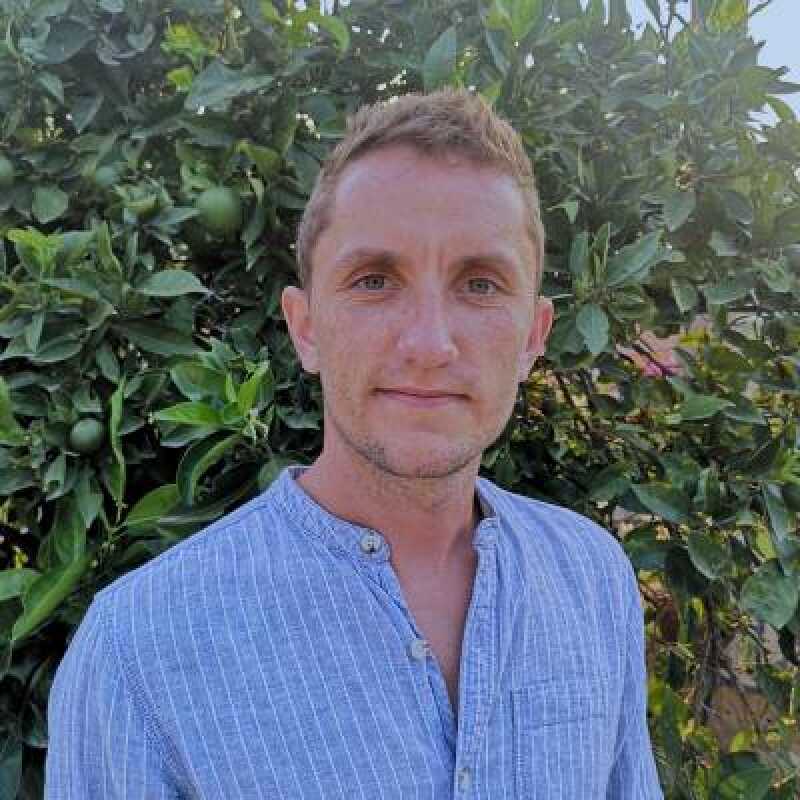- University of Kent
- Conservation at Kent
- People
- Dr Daniel Ingram


Dr Daniel Ingram is a Research Fellow and member of the Durrell Institute of Conservation and Ecology.
Prior to joining the University of Kent in 2022, Dan held postdoctoral research positions in wildlife conservation at the University of Stirling and the Centre for Biodiversity and Environment Research (CBER), University College London (see Biome Health Project funded by WWF-UK). Dan has a range of practical, academic, and consultancy experience across the fields of conservation, ecology, and sustainability.
At the broadest level, Dan is ultimately interested in efforts towards a wilder, healthier, and more sustainable world. Dan’s work is dedicated to progressing conservation outcomes through equitable and inclusive scientific research and on-the-ground conservation that aims to curb biodiversity loss, ensure that natural resource use is sustainable, restore natural ecosystems, and encourage nature reconnection and pro-environmental behaviours.
Dan is fortunate to support a number of wildlife conservation bodies as an advisor or Trustee, and in 2023, he was appointed an Associate Editor of leading conservation journal, Conservation Letters.
Dan, his research group, and collaborators work to build an evidence-base to inform conservation policy and practice to benefit nature, climate, and people. Our approach to research is strongly interdisciplinary, valuing both quantitative and qualitative approaches to better understand how to tackle environmental and societal challenges. We are interested in ways to improve conservation effectiveness through designing, monitoring, and evaluating interventions in collaboration with implementing practitioners and local stakeholders.
We work across a wide range of topics, spanning terrestrial and aquatic ecosystems in the UK and abroad, including but not limited to the following research themes:
Dan established the Food and Nature Programme to investigate the interlinkages between food systems and nature. He currently has a Future Leaders Fellowship and is the Principal Investigator of a new research programme investigating Wildlife Consumption in Urban Tropical Africa, funded by UK Research and Innovation (UKRI). Dan is also one of the founders of the WILDMEAT Project which aims to develop a global evidence-base on the hunting, consumption, and trade of wildlife, to inform sustainable management and policy decisions.
A full list of publications can be found on Google Scholar.
Undergraduate
Current PhD Students
Loading publications...
Showing of total publications in the Kent Academic Repository. View all publications